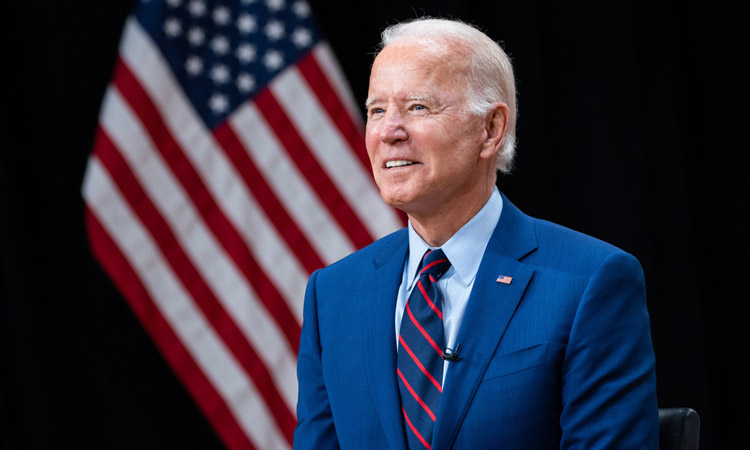President Joe Biden has declined an invitation to testify as part of a corruption-focused impeachment inquiry, a move that has sparked criticism and further fueled partisan tensions in Washington. The decision was conveyed to House Oversight Chairman James Comer by Biden’s special counsel, Richard Sauber, who asserted that the impeachment investigation is over and that Biden has done nothing wrong.
Biden declines invitation to testify in GOP impeachment inquiry https://t.co/cP9tgaF5Vs pic.twitter.com/KIotvdRogG
— New York Post (@nypost) April 16, 2024
In a letter to Comer, Sauber emphasized the need for the House to focus on pressing issues rather than continuing what he deemed a partisan charade. “We decline your invitation for President Biden to testify,” Sauber wrote, prompting questions about transparency and accountability within the administration.
Notably absent from the letter was any indication of whether Biden responded to a series of written questions posed by Comer regarding his interactions with foreign business executives. The House Oversight Committee released a statement indicating that Biden had refused to answer these questions, further escalating tensions between the administration and congressional Republicans.
In response to Biden’s refusal to testify, Comer criticized the president for his lack of transparency and accountability, drawing parallels to the controversies surrounding Biden’s son, Hunter Biden. “The apple doesn’t fall far from the tree in the Biden family,” Comer stated, expressing disappointment in Biden’s reluctance to address the American people directly.
Comer called attention to the importance of transparency and urged the White House to provide straightforward answers to the questions posed by the House Oversight Committee. “The American people deserve transparency from President Biden, not more lies,” Comer asserted, highlighting the need for accountability in government.
As the impeachment inquiry continues to unfold, Biden’s decision to decline testimony underscores the ongoing political divide and the challenges facing the administration as it navigates contentious issues on Capitol Hill.

